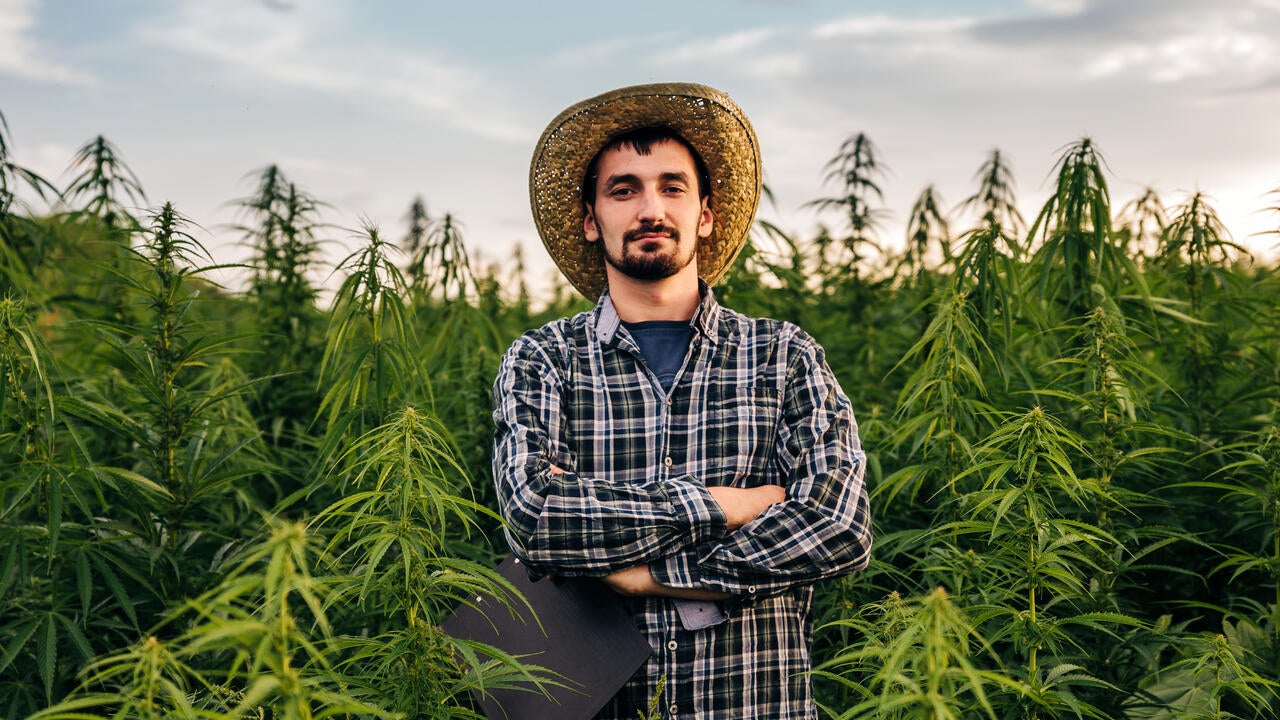
Study says Canada can become the Napa Valley of cannabis tourism
Combining cannabis and tourism leads to broader social acceptance

Combining cannabis and tourism leads to broader social acceptance
By Media RelationsResearchers have found the recent success of Canadian cannabis tourism has both normalized a formerly “deviant” leisure activity and opened the door to other potentially lucrative forms of cannabis-related tourism, such as complete growing, consuming and experiencing tours.
"Tourism is as an already existing social institution. Packaging cannabis and tourism together at the federal level has broken-down moral barriers to legal domestic cannabis use,” said the University of Waterloo’s Sanjay Nepal, a co-author of the study.
“This broader social acceptance could convince decision-makers to embrace Canada’s reputation for cannabis. Like California’s reputation for wine for example.”
Nepal, along with researchers from the University of Guelph, arrived at their findings by creating a database of all Canadian cannabis tourism businesses. Through a qualitative review of the first two years of cannabis legalization in Canada they discovered significant growth in acceptance by the public of cannabis if it is presented to tourists as legally separate from other illegal drugs.
“It is critical that a Canadian perspective on cannabis tourism be developed because currently we are a leading country in the world with federally legalized cannabis tourism for leisure and recreational consumption purposes,” said lead author Susan Dupej of Guelph’s School of Hospitality, Food and Tourism Management.
The researchers believe the study serves as a blueprint for researchers around the world to examine how by legally disassociating cannabis from other illicit drugs, and presenting it as a legitimate tourism option, can both unlock new tourism revenue streams, while advancing social acceptance for domestic users.
“For Canada we believe the success of cannabis consumption tourism, could lead to the cannabis tourism experience as a cultural product,” Nepal said. “Canada is already known for its geography. With the social stigma removed, cannabis cultivation could be elevated as another attractive feature of our landscape, adding another lucrative dimension to our unique international tourist appeal.”
The study was recently published in the journal Tourism Review International.

The average lifetime of a phone in Canada is 4.5 years, and we tend to replace these devices for reasons other than breakage. (Photo: GettyImages/Bet Noire)
Read more
The amount of e-waste that Canadians generate will double by the end of this decade, according to new research

(GettyImages/ Rosella De Berti)
Read more
Study reveals changes International Olympic and Paralympic Committees could implement to keep Games viable and safer for athletes

Read more
An ambitious research collaboration with Habitat for Humanity is reimagining home ownership across Waterloo Region and Canada
The University of Waterloo acknowledges that much of our work takes place on the traditional territory of the Neutral, Anishinaabeg, and Haudenosaunee peoples. Our main campus is situated on the Haldimand Tract, the land granted to the Six Nations that includes six miles on each side of the Grand River. Our active work toward reconciliation takes place across our campuses through research, learning, teaching, and community building, and is co-ordinated within the Office of Indigenous Relations.